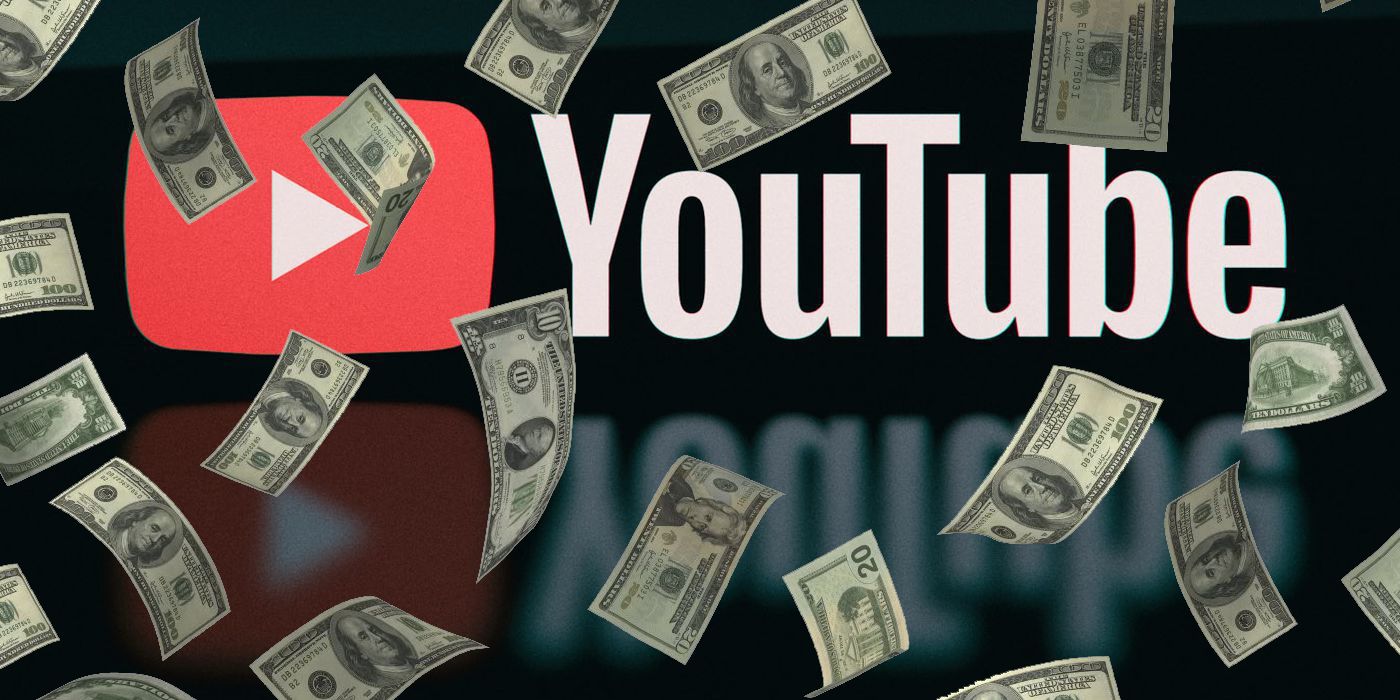Back in November of last year, YouTube added a unique addition to its US terms of service. The update installed a directive stating that, from now on, all videos that meet YouTube's Advertiser-Friendly Guidelines would display ads, even videos outside of the YouTube Partner Program. However, creators outside of the Program won't receive any of the profits generated, which, as one can probably imagine, caused quite a bit of controversy among the YouTube community.
Now, half a year later, YouTube has announced that it's expanding its directive. Starting on June 1, all videos outside of the US that meet YouTube's Advertiser-Friendly Guidelines will also display ads, and, of course, any content creators outside of YouTube's Partner Program will not receive any of the revenue. YouTube will keep that, but will still allow any YouTuber to join its Partner Program if they meet the requirements to do so, which this change ironically makes harder.
YouTube never gave an official reason why it suddenly implemented this rule, but the original move in the US came after Google reported a strong third quarter for YouTube. Said quarter saw ad revenue go up by 5.04 billion dollars, a 32% increase over what the site collected the year prior in 2019. YouTube announced that it had the right to monetize all of the content on its site shortly after the report, so the company is likely enforcing the rule solely to increase its profits.
Many YouTube content creators take issue with this new policy change because it makes the already difficult task of getting into the YouTube Partnership Program even more difficult. Gathering a solid enough base of subscribers and viewers to get into the Partner Program is inherently challenging for new YouTubers, and ads make it even harder because they tend to annoy viewers, increasing the chances that a creator with the ads loses potential subscribers and engagements.
Considering this expansion, it doesn't look like YouTube has any intention of changing the policy any time soon, if at all, which is unfortunate for any creators looking to make the platform their day job – not to say that such a task is impossible now. Creators can certainly still meet the requirements for becoming a YouTube Partner, doing so is just unnecessarily harder now, and seemingly all for the benefit of a company that was already well off. It did, after all, see a five-billion-dollar increase in profits without the clause.




